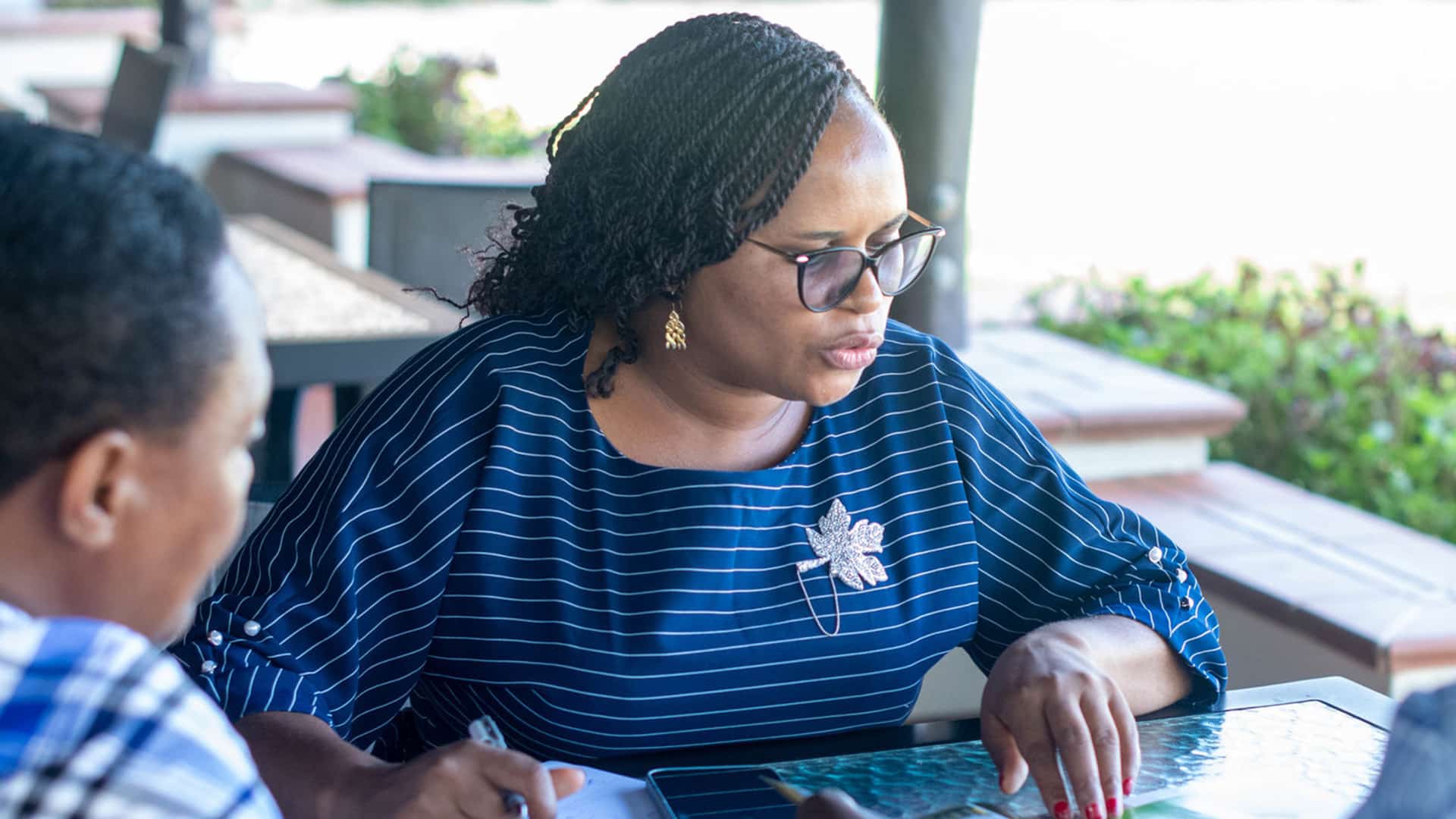Have a look at our reports, blogposts, event recordings & more

Results 1–12 of 28 for your configuration
More details Less details
More details Less details
Topics:
Language:
Regions:
Language:
Topics:
Language:
© ICR Facility 2024, all rights reserved